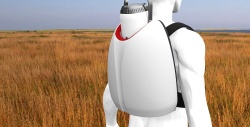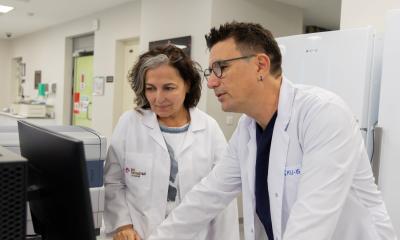Mobile fridge could save lives
A mobile fridge invented by a British student could help save countless lives across the globe. The “Isobar” has been designed to keep vaccines at the required temperatures when being transported around developing countries.


It has been designed by 22-year-old Will Broadway and works by heating ammonia and water to create ammonia vapours, which are then released into its main chamber when cooling is needed. The device, which maintains a steady two to eight degrees for 30 days, has just won Will the annual James Dyson Award, which is open to students but with a simple brief - design something that solves a problem.
Current methods of transporting vaccines in poorer countries can result in the vaccines freezing before reaching their destination. The inventor, an industrial design and technology graduate from Loughborough University, does not plan to profit from his invention, or get a patent. “I wanted to make something for people who have next to nothing,” he said. “It should be a basic human right, in my opinion, to have a vaccination.” As well as transporting vaccines, the Isobar may have potential for other medical uses in hot countries and remote regions.
For more information visit http://isobar.org.uk/
14.09.2016





